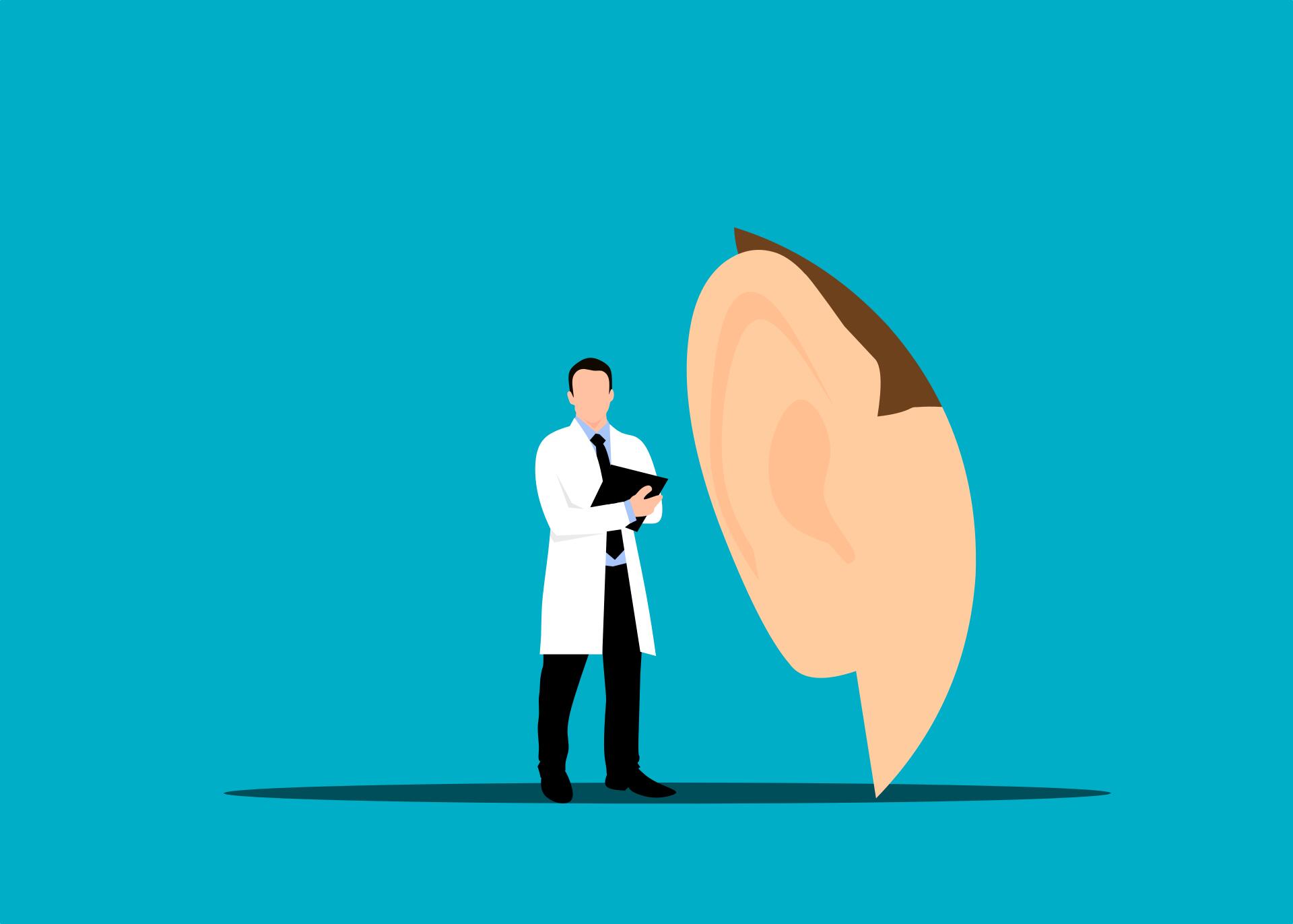
10 Signs of an Unhealthy Gut You Shouldn’t Ignore

Abdominal discomfort, bloating, or irregular digestion might seem like minor inconveniences, but they could be pointing to something bigger. According to an Ipsos poll, 34% of Americans report experiencing abdominal pain or discomfort at least a few times a month. These issues often trace back to gut health; a key player in your overall well-being.
When your gut isn’t functioning as it should, the effects ripple beyond digestion. Low energy, skin problems, and even mood swings can often be traced back to an imbalanced gut. Recognizing these signs early can help prevent long-term health complications. This article explores 10 signs of an unhealthy gut you shouldn’t ignore and how addressing them can transform your health.
If you’ve been battling unexplained fatigue or persistent digestive health issues, read on. You’ll discover the warning signs and actionable steps to reclaim your gut health; and, ultimately, your quality of life.
1. Persistent Digestive Discomfort
Persistent digestive health issues, like bloating, diarrhea, constipation, and gas, can often signal an unhealthy gut. While occasional discomfort might not seem like a big deal, experiencing these symptoms regularly is actually a sign that something isn’t right. A gut flora imbalance is a common culprit, disrupting the body’s ability to properly digest food.
According to the Gut Journal, reduced levels of beneficial bacteria like Faecalibacterium prausnitzii have been linked to inflammatory bowel diseases (IBD) which highlights how a gut flora imbalance affects digestion. Addressing these signs early can prevent more severe conditions from developing.
2. Unexplained Fatigue
Gut health symptoms sometimes extend beyond digestion and manifest as constant fatigue. If you’re eating well and sleeping enough but still feel drained, your gut might be the problem.
The gut plays a role in energy production by influencing nutrient absorption. When this process is disrupted, your energy levels drop.
Fatigue tied to poor gut health often occurs due to:
- Deficiencies in key nutrients like iron or B12
- Imbalances in gut bacteria affecting energy metabolism
- Chronic inflammation stemming from digestive health issues
3. Frequent Illness or Weakened Immunity
Your gut doesn’t just process food; it’s also responsible for much of your immune system’s strength. In fact, according to the Nutrients Journal, about 70-80% of your immune cells are located in your gut. When the gut is unbalanced, your body’s ability to fight off infections and illnesses can take a significant hit.
Signs of compromised immunity due to poor gut health include:
- Catching colds or the flu more often than usual
- Struggling to recover from illnesses or infections
- Experiencing chronic low-grade inflammation
4. Skin Issues
Gut health and skin health are more connected than they might seem. Conditions like eczema, acne, and rosacea are often linked to underlying digestive problems. When your gut is inflamed, it can lead to systemic inflammation that shows up on your skin.
The gut-skin axis is influenced by:
- Increased intestinal permeability, also called “leaky gut”
- Imbalances in gut flora leading to inflammatory skin conditions
- Poor digestion causing toxin buildup, which impacts skin clarity
5. Cravings for Sugary or Processed Foods
Unhealthy gut bacteria tend to thrive on sugar and processed foods, often leading to intense cravings for these items. This creates a cycle where consuming more sugar feeds the harmful bacteria, worsening gut health symptoms over time.
Instead of reaching for sweets, try whole foods rich in fiber to promote the growth of beneficial gut bacteria and break the cycle.
6. Difficulty Managing Weight
If you’re struggling with unexplained weight gain or loss, your gut might be playing a part. Gut bacteria influence how your body:
- Stores fat
- Absorbs nutrients
- Regulates appetite
When gut flora becomes imbalanced, it can throw off these processes.
A study published in Nature found that gut microbiota diversity was negatively associated with long-term weight gain, suggesting that greater diversity in gut bacteria correlates with lower weight gain over time.
7. Food Intolerances
Food intolerances, like lactose or gluten sensitivity, are often tied to digestive health issues. Unlike allergies, intolerances occur when the gut cannot properly digest certain foods. This might be due to a lack of specific enzymes or an imbalanced gut microbiome.
For example, individuals with lactose intolerance lack the enzyme lactase which can lead to bloating and discomfort. Addressing these intolerances through dietary adjustments or enzymes can significantly improve gut health.
8. Bad Breath (Halitosis)
Persistent bad breath isn’t always about poor oral hygiene. In many cases, it could point to an imbalance in your gut microbiome. Conditions like small intestinal bacterial overgrowth are common culprits, as they cause excess bacteria to produce foul-smelling gases.
Improving gut health by eating a balanced diet or taking probiotics might help eliminate this issue.
9. Poor Mental Health
The gut-brain axis is a communication network that links your gut and mind. When gut health is compromised, it can sometimes contribute to symptoms of anxiety, depression, or mood swings. Serotonin, a neurotransmitter that affects mood, is mostly produced in the gut.
Signs of poor mental health linked to gut issues include:
- Persistent feelings of anxiety without a clear cause
- Depression that doesn’t improve despite lifestyle changes
- Difficulty concentrating or remembering things
10. Trouble Sleeping
Sleep disturbances, including insomnia, might also be linked to gut health symptoms. The gut produces melatonin and serotonin, hormones that regulate sleep. When the gut is imbalanced, these hormone levels can drop, making it harder to fall and stay asleep.
Eating foods rich in prebiotics, such as bananas or asparagus, can help support the gut and improve sleep quality.
Take Control of These 10 Signs of an Unhealthy Gut
Gut health is central to your overall well-being, affecting digestion, energy levels, and even your mood. By identifying these 10 signs of an unhealthy gut, you can take the first step toward improving your health and quality of life. From addressing digestive health issues to finding remedies for an unhealthy gut, taking action now can make all the difference.
At Kiwi, we make it easier to tackle these challenges with access to high-quality, affordable health products. Our pharmacy combines over 40 years of expertise with a commitment to competitive pricing and trusted service. Visit our online store today to explore remedies for a healthier gut and experience the Kiwi difference.
Related Posts


